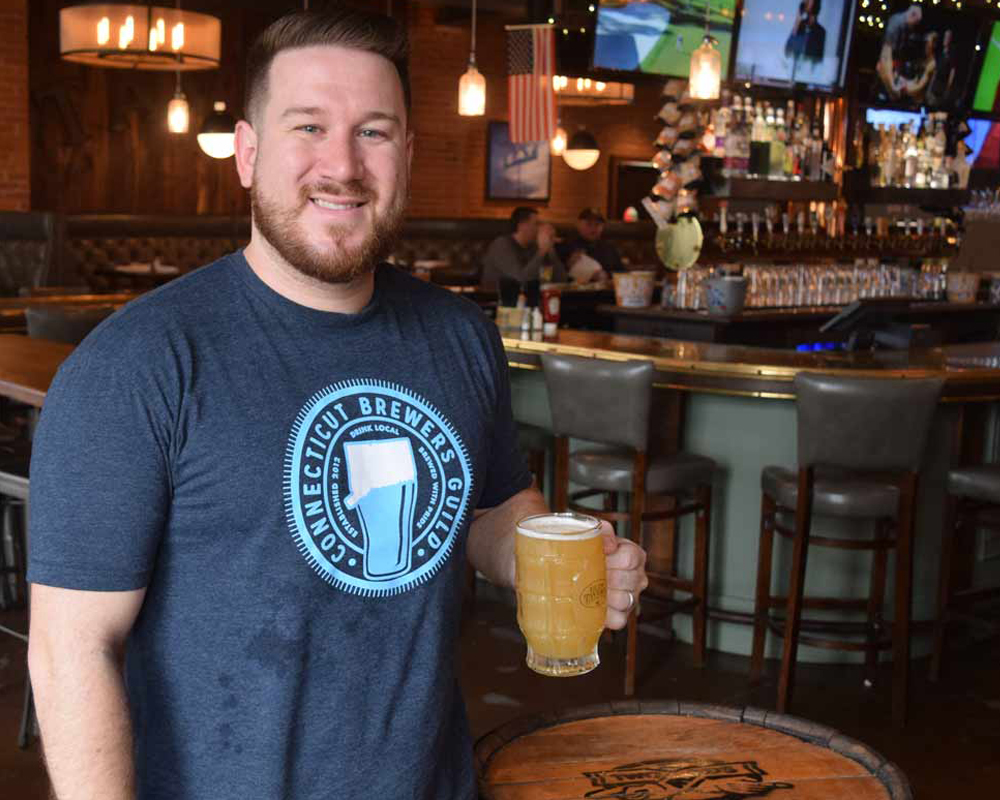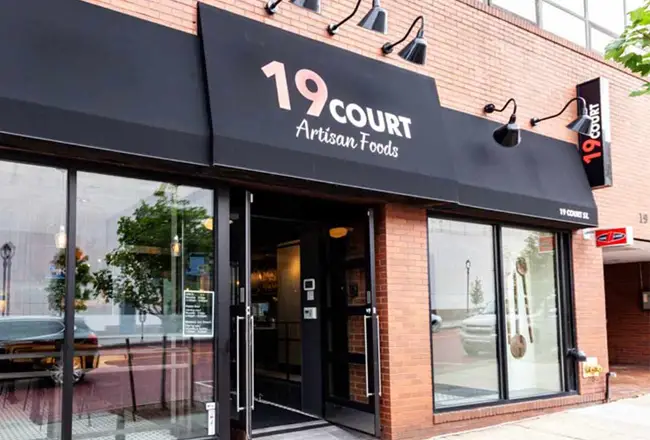
The Connecticut Brewers Guild was founded in 2012 as the trade association for the state”™s craft brewing industry. In this edition of Suite Talk, reporter Phil Hall speaks with Phil Pappas, the organization”™s executive director, regarding the issues and trends that impact this industry.
What is the state of Connecticut”™s brewery scene?
“The state of the industry is going extremely well. There are a lot of breweries that were up and coming within the last five years, when they allowed on-premise sales. We had a dozen breweries at the time, now we are at 85 going on 90, and we have about 20 to 30 in the planning process.”
What is the appeal of these breweries?
“What really started the whole scene was what happened in the restaurant industry, where a lot of people wanted to know where their ingredients were coming from, and that rolled over into the beer industry. People want to know where the product is being made. That is the whole experience of the brewery. You see the tank. You see where the liquid is being produced. You see the stacks of grain. You see the head brewers in the back cleaning up. There is a phenomenal taproom experience where you get to talk to the bartenders about the different types of products they have. The customer relationship they have is superior.”
What about quality control? Are the beers made at the breweries better than the mass-produced products that you would buy at a package store or a supermarket?
“Yes, it is a lot fresher because it is made a few feet away. A lot of breweries have set up their own quality-control program, inviting different universities to come in and test the products to see the freshness and cleanliness of them.”
What about the revenue generated by these breweries?
“Craft beer itself has a $750 million impact on the state of Connecticut. We”™ve been able to create 5,000 jobs, and now we are working with Sacred Heart University and the University of New Haven to put together brewing programs as part of their hospitality management classes.”
Who are the patrons of the breweries? Is it strictly local residents or are people coming in from other states?
“We are absolutely bringing in out-of-state people. The Connecticut Brewers Guild established the Connecticut Beer Trail Passport program in August and now it is a yearlong program for 2019. We brought in about 12 percent from out of state last year. I had visitors from Texas and Florida ”” people who are here on business and want to check out the scene.”
How does Connecticut”™s brewery scene compare with its neighboring states?
“We”™re middle of the road. We ranked about 26th, 27th or 28th across a couple of areas such as number of breweries, economic impact, number of jobs, breweries per capita. When you look at a state like Vermont, it has the most breweries per capita. States like Maine, Colorado and California is where the craft brewing industry is 20 or 30 years deep, whereas here in Connecticut you only have a few that are 20-plus. Here in the state now, everyone is producing under 100,000 barrels. We”™re still on the small side.”
There was a recent attempt in the state legislature to restrict sales of craft beer. What was the story behind that?
“From what I was told, a few package stores were not selling six-packs the way they used to. I think we have a huge opportunity to educate all of our legislators, both at a state level and within our cities, about what is a brewery and how we can bring this local ingredient to local package stores.”
Have the Trump administration”™s tariff policies impacted the manufacturing aspect of Connecticut breweries?
“You can see that across a number of different areas, including the fermenters and the tanks that we manufacture the products with ”” those are hundreds of thousands of dollars of equipment, so when you think about the tariffs increasing costs by just a couple of percentage points, that will massively impact the manufacturing. Even with the cans, we see prices increase as well due to tariffs imposed there. We are working very closely with Congress to make the Craft Beer Modernization and Tax Reform Act permanent, or at least to extend it to continue the conversation.”



















